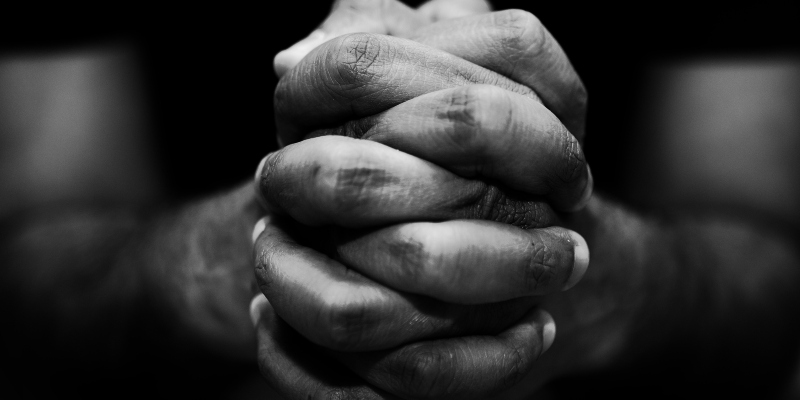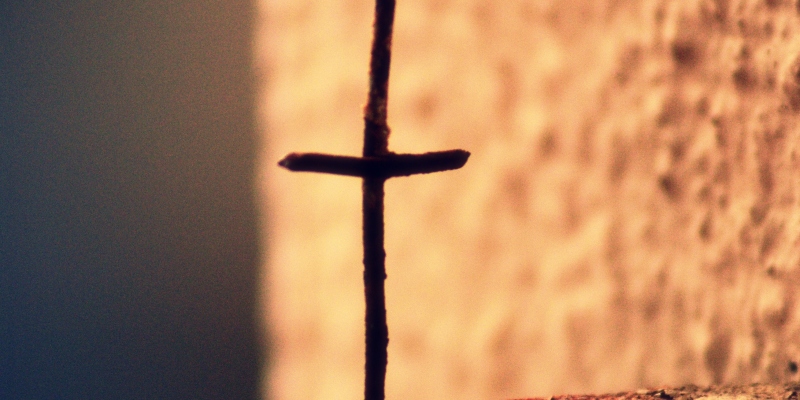April 2020
 Re: The melting pot of honesty
Re: The melting pot of honesty
Craig calls powerfully for “a church where all sorts of people could honestly bring their doubts and mess”, a sentiment with which I heartily concur. It seems to me that many Christians don’t have much opportunity to raise such questions in their church, due to the format of its services and meetings. And, where they do, they are reticent to voice them because they believe that everyone else is secure in their faith and will brand them as “weak” or “woolly-minded”. Indeed, they may fear – perhaps with reason! – that their honesty will be countered by a heavy-handed pseudo-theological putdown from someone who feels more threatened by such doubts than they care to admit.
Yet of course there are churches which encourage honest questioning and doubts, although I would suspect that they are a minority within our denomination. In the past they may have been negatively branded by some as “liberal” – and I am well aware that some churches which so describe themselves have developed their own form of discourse which channels discussion along “acceptable” lines just as much as some varieties of evangelicalism. They can also fall into the traps of treating doubt and uncertainty as normative and decrying any clear declaration of faith. Indeed they may deride such a statement as “naïve” or “immature” – which doesn’t help anybody!
It seems to me that there are two huge barriers to the kind of church that Craig is proposing. One is simply that people are often afraid to “open up”. That may be because churches have often perpetuated a “take what you’re given and don’t ask questions” approach to the faith. Or it may reflect a peculiarly “British” trait of “keeping ourselves to ourselves” and being frightened to appear vulnerable – even though such openness is ultimately strengthening and beneficial.
The other reason, surely, is that many people crave certainties in troubled times. This, I think, is why churches thar offer simple answers to complex real-world problems (often with worship that lifts people from the mundane almost to the ecstatic) seem to be popular today, while those that try to give people some tools for rigorous thinking are not (except, perhaps, in intellectual “hotspots” such as some of our University cities). As it happens, I feel strongly that simplistic answers will prove deficient in moments of crisis such as we are facing at present. So perhaps this crisis will, as Craig clearly hopes, provoke new ways of “being church” which foster greater honesty and integrity.
Andrew Kleissner, Christchurch United, Llanedeyrn, Cardiff
 Re: Silence in the face of the mystery
Re: Silence in the face of the mystery
Excellent thoughts for today.
Paul Campion (via Facebook)